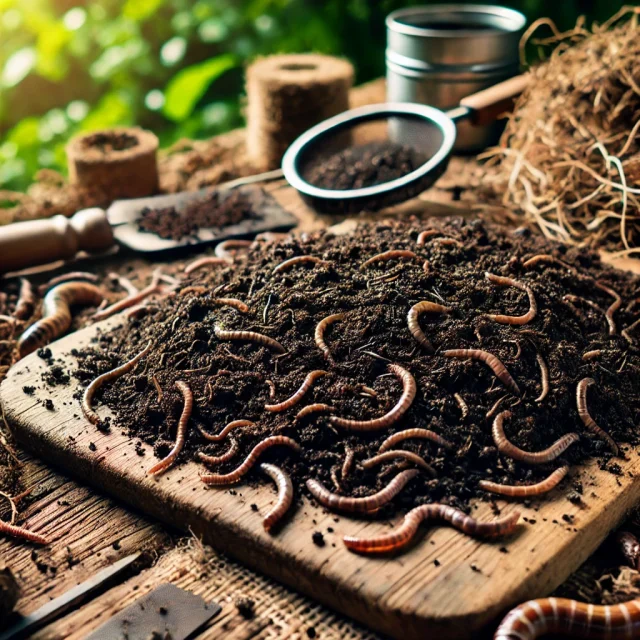Newsmag is your news, entertainment, music fashion website. We provide you with the latest breaking news and videos straight from the entertainment industry.
Contact us: contact@yoursite.com
POPULAR CATEGORY
© Newsmag WordPress Theme by TagDiv















